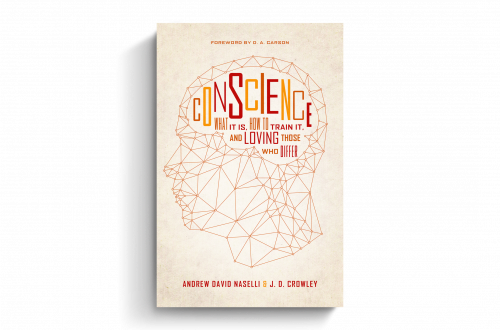 Jennifer Moses thinks that sexual liberation did not deliver on its promise to deliver the good life. And now, the specter of past sexual exploits haunts post-feminist mothers who feel hypocritical for trying to lead their own children to practice some sexual restraint. In an OP-ED for The Wall Street Journal, she writes:
Jennifer Moses thinks that sexual liberation did not deliver on its promise to deliver the good life. And now, the specter of past sexual exploits haunts post-feminist mothers who feel hypocritical for trying to lead their own children to practice some sexual restraint. In an OP-ED for The Wall Street Journal, she writes:
It has to do with how conflicted my own generation of women is about our own past, when many of us behaved in ways that we now regret. A woman I know, with two mature daughters, said, “If I could do it again, I wouldn’t even have slept with my own husband before marriage. Sex is the most powerful thing there is, and our generation, what did we know?”
We are the first moms in history to have grown up with widely available birth control, the first who didn’t have to worry about getting knocked up. We were also the first not only to be free of old-fashioned fears about our reputations but actually pressured by our peers and the wider culture to find our true womanhood in the bedroom. Not all of us are former good-time girls now drowning in regret—I know women of my generation who waited until marriage—but that’s certainly the norm among my peers.
So here we are, the feminist and postfeminist and postpill generation. We somehow survived our own teen and college years (except for those who didn’t), and now, with the exception of some Mormons, evangelicals and Orthodox Jews, scads of us don’t know how to teach our own sons and daughters not to give away their bodies so readily. We’re embarrassed, and we don’t want to be, God forbid, hypocrites.
Still, in my own circle of girlfriends, the desire to push back is strong. I don’t know one of them who doesn’t have feelings of lingering discomfort regarding her own sexual past. And not one woman I’ve ever asked about the subject has said that she wishes she’d “experimented” more.
The rest of the article is about how mothers of teenage girls might be able to make boundaries for their daughters—even though those very same mothers observed no boundaries when they were younger. But this article really isn’t about boundaries. Nor is it really about parenting. I think this is about something deeper.
There is an entire generation of men and women mired in the regret of something they cannot undo. Sexual liberation was not nearly as liberating as it promised to be. “Liberation” inevitably leads to slavery to the baser instincts of the human condition. It shackles the human heart to its own vanity. Or, as the apostle Paul says it, “you are slaves of the one whom you obey” (Romans 6:16). Those who obey their lust eventually find it to be a very cruel master that leaves heartache and regret in its wake.
That is why the restlessness that these women feel is not an accident. God made us for His glory, and He has a purpose for our sexual lives (1 Corinthians 6:13, 20). When we ignore that purpose, we ignore the Creator’s design, and that has consequences. That is why even among those who do not confess Christ or a Christian sexual ethic, there sometimes emerges an unexplainable urge to go back to that which they initially wished to be free from—the covenanted union of one man and one woman in marriage.
There is more to Moses’ article than meets the eye. Read it here. An interview with Moses is below.




One Comment
Pingback: